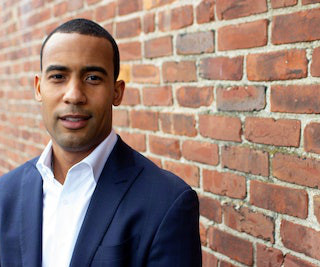Initiative Promotes Financial Literacy by Investing in HBCU Students
Diverse: Issues in Higher Education
SEPTEMBER 26, 2023
Coleman says that the initiative began with a partnership with Braven, a national nonprofit organization that helps college students develop a path to economic mobility. Creating awareness Financial literacy among college-going students has been a concern among many experts.













Let's personalize your content